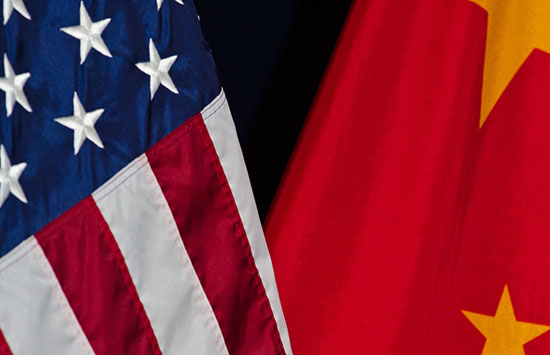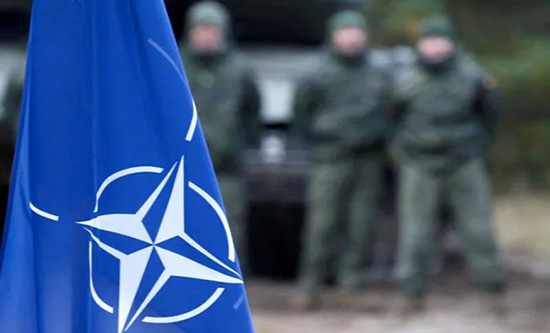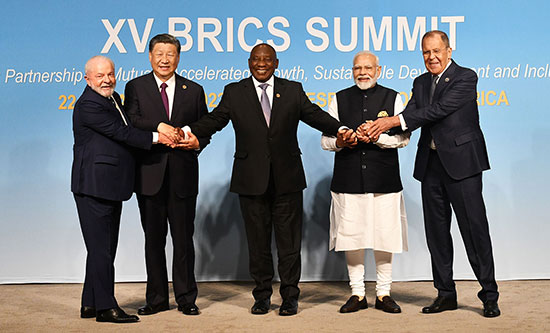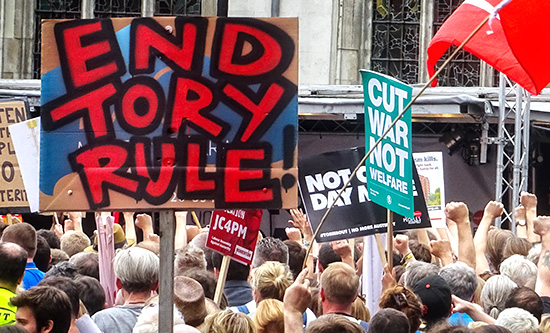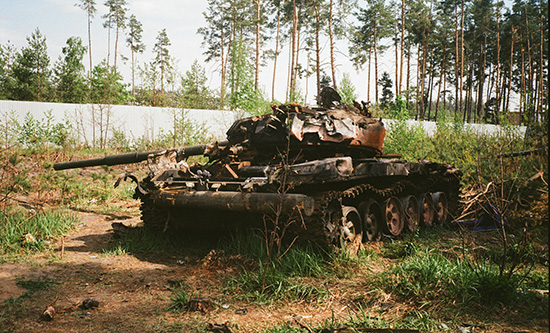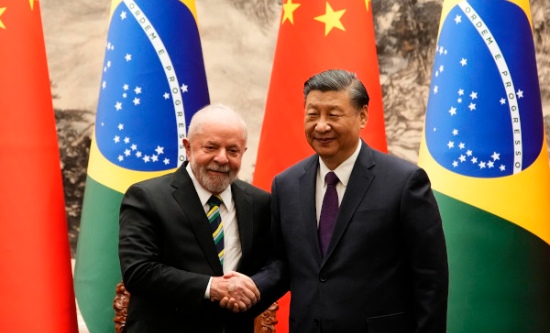- Details
-
Created: Friday, 10 May 2024 14:25
-
Written by Cat Wiener
Government figures show that almost a fifth of adults in Britain are now living in absolute poverty, as are 25% of all children – representing the fastest rise in child poverty in this country since records began 30 years ago. These are the bitter fruits of 14 years of austerity: in the face of spiralling national debt, stagnant growth and falling productivity the ruling class has desperately tried to boost the flagging rate of profit on the back of the working class. According to the Resolution Foundation, GDP per capita fell by 0.7% across 2023 and has not grown since the first quarter of 2022 – the longest run of stagnation and falls in living standards since 1955. The impact has been devastating, and the screw is set to tighten further. Cat Wiener reports.
Poverty and benefits
Absolute poverty is calculated as having an income worth less than 60% of median income in 2011, after adjusting for inflation and excluding housing costs. It means deep, material deprivation where increasing numbers of people are unable to consistently put food on the table, rely on food banks and on at least one day each month go without food altogether. It means not being able to pay for heating, afford warm clothes, buy basic toiletries. It is subsistence at a level described in November 2023 by the UN Rapporteur Olivier de Schutter as being ‘in violation of international law’.
The Social Metrics Commission, which uses its own, slightly different measure, calculates that of the 14.9 million people in Britain it judges to be living in poverty:
- 4.9 million are children, 8.5 million are adults of working age and 1.5 million are pensioners.
- Poverty is particularly prevalent in households that include someone with a disability.
- The majority of people living in poverty (61%) live in a family where someone works at least part-time.
- Poverty rates are twice as high among black and minority ethnic households as in the white population.
The NCD Risk Factor Collaboration, which studies relative height in populations, says children in Britain are lagging behind their European peers, with five-year-olds now on average between 2cm and 7cm shorter than those in Germany, Bulgaria, Spain, France and the Netherlands. Doctors blame malnutrition as a direct result of austerity measures. The single biggest drivers of child poverty are the cap on overall benefits and the utterly pernicious ‘two-child policy’. As it prepares to take over the reins of power in the interests of the ruling class, Labour has made it clear that it would keep these policies in place.
Britain is one of only four countries to see a decline in the value of welfare benefits over the last 40 years, making them among the lowest of any developed nation. In 2023, the Joseph Rowntree Foundation calculated the amount of money needed for a basic existence was £120 per week for a single adult and £200 for a couple: the Universal Credit standard allowance figures are £85 and £134 respectively. But, for the ruling class, the £26bn spent annually on the welfare budget is simply surplus value squandered, and a raft of harsher measures to drive more people into work were laid out in November by Work and Pensions Secretary Mel Stride. Playing to the most reactionary prejudices of the electorate, he stated that ‘anyone choosing to coast on the hard work of taxpayers will lose their benefits’. Marching in lockstep, shadow work and pensions minister Liz Kendall has made it clear that ‘no one will have the option of a life on benefits’ under a Labour government. The plans, due to be implemented in 2025, will see tougher ‘fit-for-work’ tests, with the long-term sick forced into work, from home if necessary, and claimants sanctioned on the say-so of any Jobcentre ‘work coach’ who decides they’re not making enough ‘effort’ to find work. While the Office for Budgetary Responsibility calculates that these draconian measures could see 50,000 people return to the labour market over the next five years, it is likely to add just 0.04% to GDP because ‘entrants are likely to join on lower than average hours and earnings’ – ie, poverty pay. Those unemployed for more than 18 months will be forced into the unpaid labour of ‘work experience placements’. Benefit sanctions – often imposed on the flimsiest of pretexts – have already been tightened in the last year.
As the NHS is destroyed piecemeal by the ruling class, limiting access to universal health care provision, more and more working class people are rendered unable to work through ill-health and disability. According to the Resolution Foundation, adults economically inactive due to ill-health rose from 2.1m in July 2019 to a peak of 2.8m in October 2023 – the longest sustained rise since 1994-1998, when records began. People are getting sicker (mental health problems and heart disease are two of the major causes of disability claims) and dying younger, with life expectancy having fallen to 2010 levels, the first drop since 1980. But under capitalism, this is no reason why they should be spared the treadmill.
Rising homelessness
Meanwhile, the chronic shortage of council homes sees more and more households struggling to pay unaffordable rents in the private sector, and soaring levels of homelessness. Private rents have in the last year risen at their fastest rate since records began. Yet only 8,386 social homes were built in England in 2022-2023, while local councils accepted 52,800 households as homeless or in danger of becoming homeless in that period. There are now 109,000 households including 142,490 children in temporary accommodation. Research seen by The Guardian shows that a whole generation of children is growing up in temporary accommodation, with severe developmental impacts: ‘Social workers have reported finding that some young children brought up in such conditions have had to learn to walk on a bed, as their ¬conditions were so cramped. Children have been found to be missing other key developmental stages – such as crawling – because of a lack of space’ (The Guardian, 9 March, 2024). 55 children – most of them babies aged under one – have died as a result of poor housing since 2019.
Meanwhile, cost-of-living payments, including the £500m Household Support Fund, which helped families with food and utility bills, have ended. Social rents will rise in April by 7.7%. By every metric, the picture is grim and getting worse.
Fight for socialism
These measures are not the result of choice by one particularly vicious and reactionary party, but the inescapable logic of a capitalist system that must accumulate to survive. The only way the ruling class can resolve its crisis of profitability is by bearing down harder and harder on the working class, further cutting public services and benefits and forcing workers to accept poverty wages and unregulated, casualised and precarious jobs. A Labour government will be subject to exactly the same dictates. A movement that fights for the working class can have no truck with any of them. Such a movement will fight for a system based on the needs of the majority and not the profits of the few – that is, socialism.�
FIGHT RACISM! FIGHT IMPERIALISM! 299 April/May 2024
